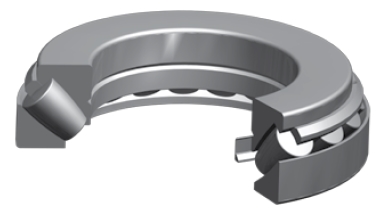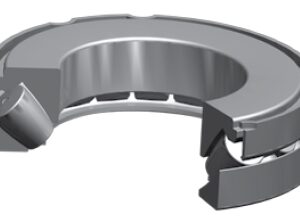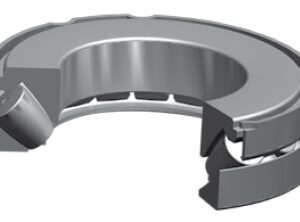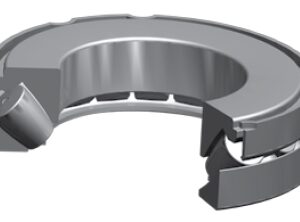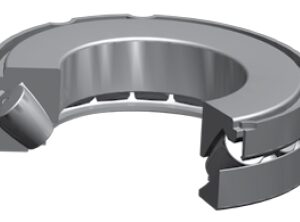Specifications of TIMKEN Bearing 293/630EM
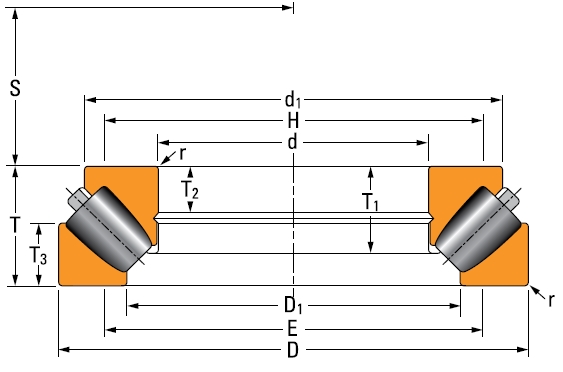
Specifications
| d – Bore |
630 mm |
| Bearing Type |
Thrust Spherical Roller Bearings – TSR |
| UPC Code |
0087796363373 |
| Weight |
423.2 Kg933 lb |
Dimensions
| D – Outside Diameter |
950 mm37.402 in |
| d1 – Cone Outside Diameter |
880 mm34.646 in |
| D1 – Cup Bore |
761 mm29.961 in |
| E – Shoulder Diameter – Housing (Max) |
792 mm31.181 in |
| H – Shoulder Diameter – Shaft (Min) |
823 mm32.402 in |
| r – Fillet Radius |
8 mm0.315 in |
| S – Dimension |
359 mm14.134 in |
| T – Total Width |
190 mm7.48 in |
| T1 – Cage Position |
134 mm5.276 in |
| T2 – Groove Position |
79 mm3.11 in |
| T3 – Cup Width |
91 mm3.583 in |
| T4 – Cone Width |
119.5 mm4.705 in |


